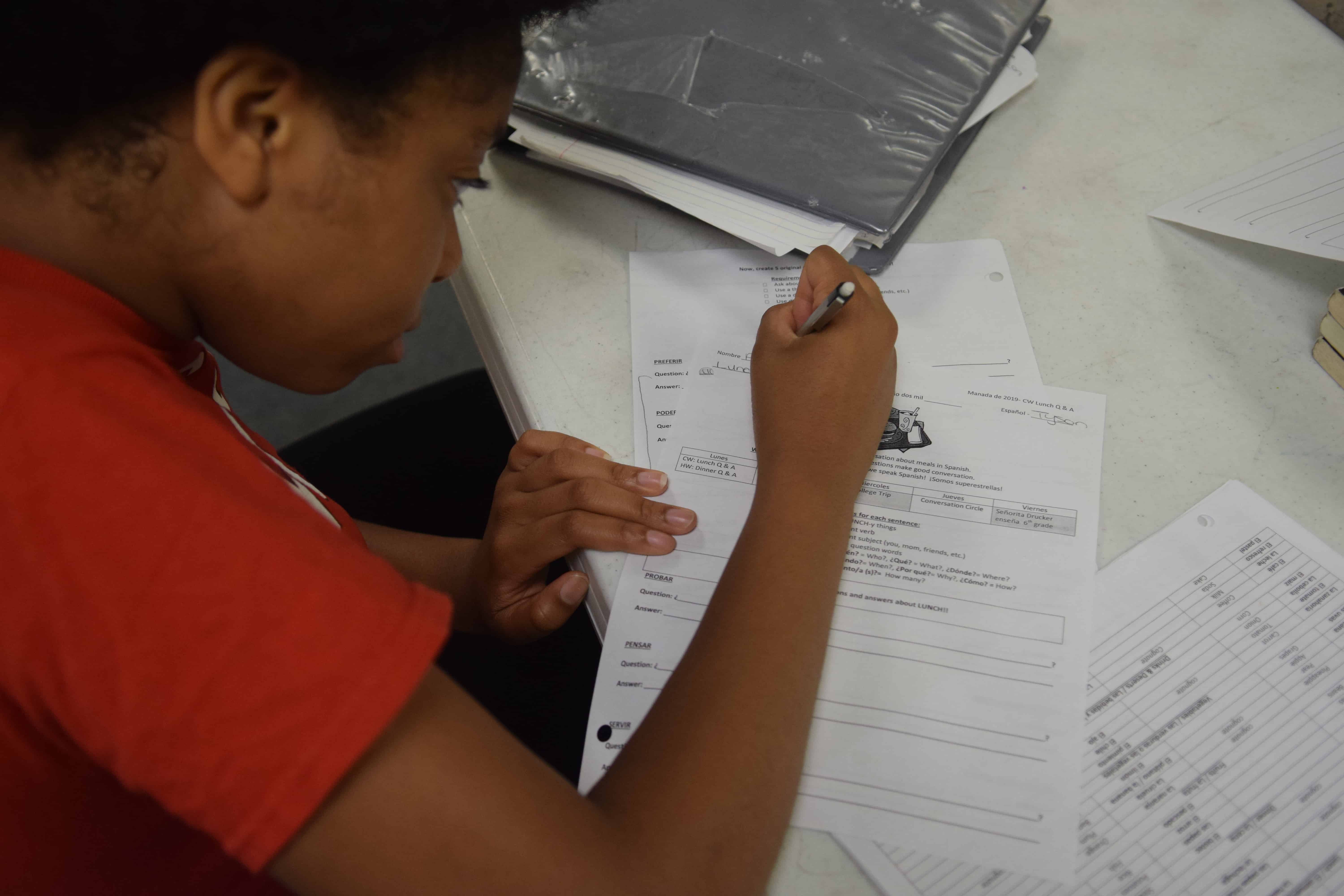A significant criticism of the charter school movement is that funding for charter schools diverts money away from traditional public schools. As shown in prior work by Bifulco and Reback (2014) for two urban districts in New York, the magnitude of such adverse fiscal externalities depends in part on the nature of state and local funding policies. In this paper, we build on their approach to examine the fiscal effects of charter schools on both urban and non-urban school districts in North Carolina. We base our analysis on detailed balance sheet information for a sample of school districts that experienced significant charter entry since the statewide cap on charters was raised in 2011. This detailed budgetary information permits us to estimate a range of fiscal impacts using a variety of different assumptions.
We find a large and negative fiscal impact from $500-$700 per pupil in our one urban school district and somewhat smaller, but still significant, fiscal externalities on the non-urban districts in our sample.




